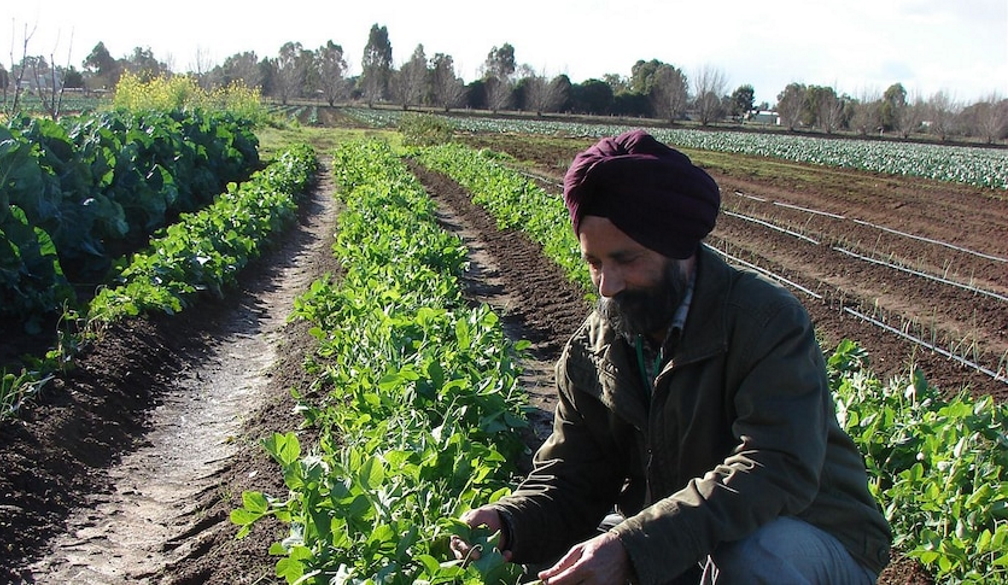Everything You Need to Know About Automatic Irrigation
- Written by NewsServices.com

If you’re in the farming community, then you’ll know about the importance of proper irrigation for your property. Whether you’ve got ten acres, or a hundred acres, proper irrigation is the cornerstone of having a good crop! Here’s what you need to know.
Why You Need Automatic Irrigation
If you’re a cattle farmer, for example, proper irrigation is a big part of making sure that your cattle have good, healthy pastures to graze in and that groundwater isn’t contaminated by their waste.
There was a time, when, as a farmer, you’d need to perform much of the irrigation of your property by yourself, or with farmhands, via manual pumping, or simpler systems of irrigation such as digging moats or drainage ditches. While some of this is still true of modern-day irrigation, the introduction of things like drain-tile and modern water pumps for agriculture has made farming irrigation installation a much easier task.
Since we’ve moved on from the days when manual irrigation was a huge part of water control on the farm and are now entering the future of irrigation in Australia, with automatic irrigation now being the main type of irrigation system used throughout farms of various types around the country.
What Are the Different Types of Automatic Irrigation?
Automatic irrigation comes with a few different options for farmers, depending on needs, size and land types. There are several different types of automatic irrigation systems. They are as follows:
Pneumatic Irrigation
This system is a permanent, fixed system (sometimes irrigation systems can be crafted so that they are portable). This system is sensor-based, so that when water enters the sensor area (located at a cut-off point), it then pressurises the air, which causes the water to be pumped through the system, opening and closing the irrigation ditches and their gates.
This type of system can be installed easily and is most commonly used with bore pumps.
Portable Timer Irrigation
This type of irrigation system can be used on a smaller plot of land, and is temporary and portable. Given this, the end-user usually purchases four or five different systems to cover an entire property. It uses electronic clocks set to specific times to open and close irrigation gates.
SCADA Systems
These systems, known as SCADA (Supervisory Control and Data Acquisition) use sensors and timers to control irrigation via radio signals. For example, signals are sent by an on-site computer to tell the paddock irrigator to open at a specific time. If the channel supply isn’t a constant source, then certain systems can be set to automatically open at certain water levels.
Benefits of Automatic Irrigation
As a farmer, productivity is key to your whole operation, whether you’re a big-time farmer with multiple acres, animals and streams of revenue, or a small-time hobby farmer, whether you’re farming crops or animals, you’ll need decent water irrigation. Whereas manual irrigation requires you to spend a lot of time and effort dealing with water, automatic irrigation removes the need for you to do much of anything.
Having an automatic irrigation system will help you to be more productive as a farmer. It will also save you money in water and energy costs, as most automatic irrigation pumps made in Australia, offer an electronic pressure measurement system, which can be set manually and then the electronic sensors in the pump will do the rest - allowing there to a constant maintaining of pressure.
For smaller farmers, automatic irrigation allows you to be in greater control of how much water you’re using, allowing you to save money and control your water supply. Automatic irrigation systems use electronics to control flow and pressure, meaning that it's less energy spent on your part.
Finally, automatic irrigation systems can be easier to maintain than their manual counterparts - there is generally less that can go wrong with an automatic system, than with a manual and certain types of pumps, like a horizontal split case pump is easier to maintain than its manual counterpart.
Choosing The Best Automatic Irrigation
When deciding which system will work best for a property's irrigation layout, there’s a lot you need to consider – no one system works with every property.
If you need a system that can be moved around the property and maybe even used on other properties, you should look into portable systems. To determine the best system for your needs, consider:
· Cost
· Backup
· Layout
As a farmer, the more you can automate your processes, the more you’ll be able to produce results which make you money, faster. While farming is still very much a manual job, using automatic irrigation may be a significant upfront investment, but it can save you time, energy and money in the long run.



















